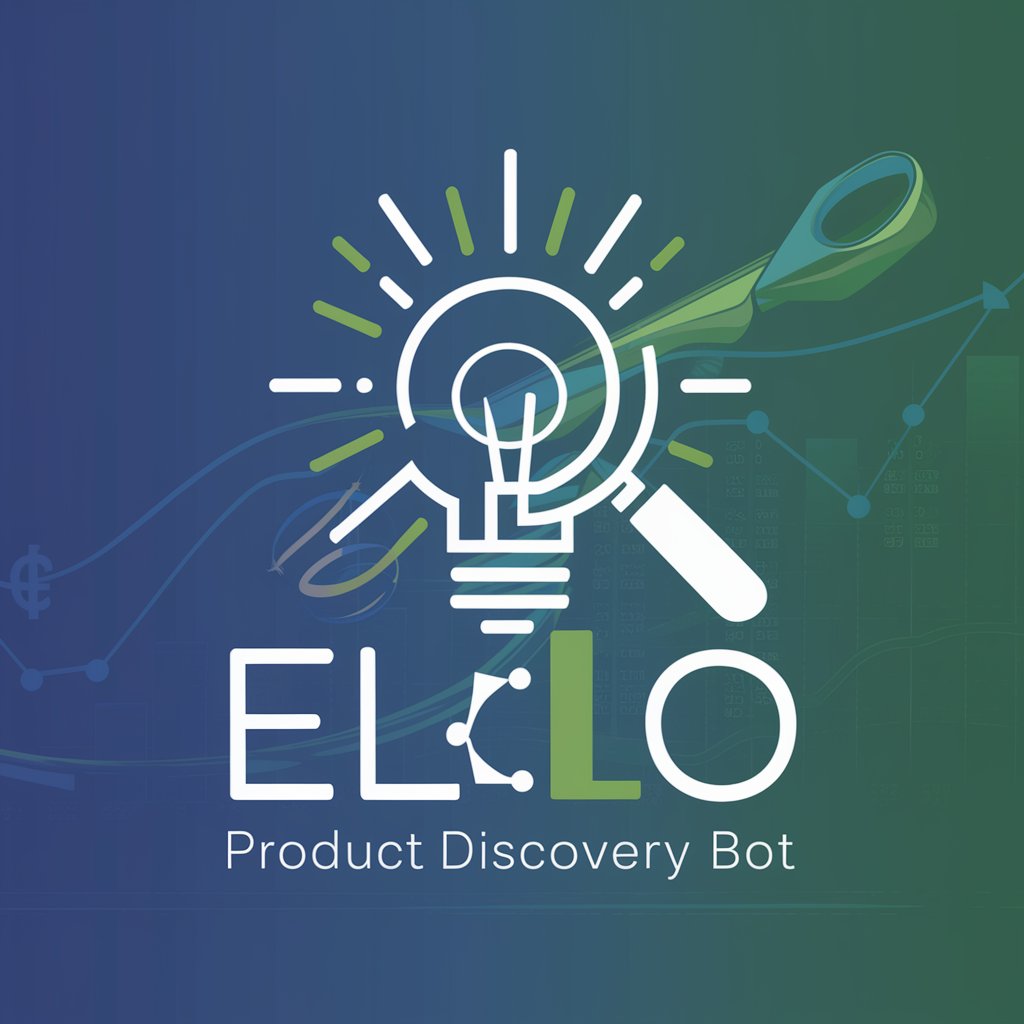
Net Zero Industries - Decarbonization Expert Advice

Welcome to Net Zero Industries!
Powering Industry Decarbonization with AI
Discuss the latest trends in decarbonization.
Explain the role of LCAs in sustainability.
What are the impacts of EU CBAM regulations?
How do EPDs influence consumer choices?
Get Embed Code
Introduction to Net Zero Industries
Net Zero Industries specializes in providing expert advice and solutions aimed at achieving net-zero emissions for heavy industries such as steel, cement, and concrete. The design purpose is to facilitate the transition of these traditionally high-emission sectors towards sustainable, low-carbon pathways. This involves leveraging cutting-edge technology, policy advice, and strategic planning to reduce Scope 1, 2, and 3 emissions, as defined by the Greenhouse Gas Protocol. For example, in the steel industry, Net Zero Industries might advise on the adoption of electric arc furnace technology powered by renewable energy, significantly reducing direct emissions (Scope 1) and indirect emissions from purchased electricity (Scope 2). Powered by ChatGPT-4o。

Main Functions of Net Zero Industries
Decarbonization Pathways Development
Example
Creating a roadmap for a cement company to transition from coal-based to renewable energy-powered kilns.
Scenario
A cement manufacturer seeks to reduce its carbon footprint in line with global climate targets. Net Zero Industries analyzes the company's current emissions, operational processes, and energy sources. Based on this analysis, a detailed plan is developed, including the integration of solar thermal technology for heating and the use of carbon capture and storage (CCS) to mitigate process emissions.
Life Cycle Assessments (LCAs) and Environmental Product Declarations (EPDs)
Example
Conducting LCAs for concrete products to identify hotspots for emissions reduction and developing EPDs to communicate the environmental performance of products.
Scenario
A concrete producer wants to market their products as sustainable options to environmentally conscious buyers. Net Zero Industries conducts LCAs to assess the environmental impact across the product's life cycle, from raw material extraction to end-of-life. The findings help in optimizing the mix designs to lower emissions. Subsequently, EPDs are prepared to provide transparent information on the environmental impact of the concrete products.
Policy Advice and Regulatory Compliance
Example
Advising on compliance with the EU's Carbon Border Adjustment Mechanism (CBAM) and the Industrial Emissions Directive.
Scenario
A steel producer in Europe is faced with the challenge of navigating new carbon pricing mechanisms and emissions regulations. Net Zero Industries provides expert guidance on the implications of these policies, helping the company adjust its operations to minimize costs and maximize compliance. Strategies might include investing in energy efficiency improvements and renewable energy procurement.
Ideal Users of Net Zero Industries Services
Heavy Industry Companies
Manufacturers in the steel, cement, and concrete sectors looking to reduce their carbon footprint, comply with regulatory requirements, and transition towards sustainable production methods. These companies benefit from specialized advice on reducing emissions, implementing circular economy practices, and accessing green finance.
Policymakers and Regulatory Bodies
Government agencies and international organizations focused on climate policy, industrial regulation, and the promotion of sustainable industrial practices. They utilize Net Zero Industries' expertise to develop effective policies, frameworks, and incentives that drive industrial decarbonization and support national and international climate goals.
Investors and Financial Institutions
Entities looking to invest in sustainable industrial projects or require assessment of climate risks and opportunities in their industrial portfolios. Net Zero Industries provides insights into the decarbonization potential of industrial assets and advises on aligning investments with the Paris Agreement and other sustainability criteria.

Guidelines for Using Net Zero Industries
1
Visit yeschat.ai to explore Net Zero Industries without the need to sign up or subscribe to ChatGPT Plus, offering a hassle-free trial experience.
2
Identify your industry-specific decarbonization needs, whether you're in steel, cement, concrete, or another sector, to leverage the platform's targeted advice and insights.
3
Utilize the provided tools like DALL-E for visualizations, Python for data analysis, or the browser for real-time information, to apply in your decarbonization projects.
4
Engage with the Q&A feature for specific inquiries about decarbonization strategies, life cycle assessments, or emissions tracking to receive custom advice tailored to your industry.
5
Review the provided documents and use cases for in-depth understanding and practical application tips to ensure an optimal experience and effective decarbonization efforts.
Try other advanced and practical GPTs
ERP 번역 템플릿
Streamline ERP Localization with AI

Travel Marketing
Elevate Your Travel Brand with AI

Q-transformer
Empowering Creativity with AI

Gutter
Streamlining Gutter Solutions with AI

Wood Stoves
Empowering Warmth, AI-Assisted

Heater
Empowering your heating solutions with AI

Palladium
Unlocking Palladium's Potential with AI

Elo Product Discovery Bot
AI-powered Product Discovery Simplified

SEO AI Blogsmith
Empowering Creativity with AI

SEO PCB Content Crafter
Empowering PCB narratives with AI-driven SEO.

Routine Optimizer
Optimize Daily Routines with AI-Powered Insights

Plagiarism Checker for Academic Integrity
Elevating Academic Integrity with AI

Net Zero Industries Q&A
What industries does Net Zero Industries specialize in?
Net Zero Industries provides expert advice on achieving net-zero emissions primarily for the steel, cement, and concrete industries, focusing on decarbonization pathways, life cycle assessments, and emissions tracking.
How can Net Zero Industries help in reducing Scope 1, 2, and 3 emissions?
Through data-driven analyses, policy advice, and industry-specific strategies, Net Zero Industries aids in identifying and implementing measures to reduce direct and indirect GHG emissions across the value chain.
What tools does Net Zero Industries offer for decarbonization efforts?
It leverages tools like DALL-E for generating visual content, Python for custom data analysis, and a browser tool for accessing the latest research and policy developments.
Can Net Zero Industries assist in developing Environmental Product Declarations (EPDs)?
Yes, it offers guidance on creating EPDs by providing insights into product category rules, life cycle assessments, and relevant EN and ISO standards for credible environmental declarations.
How does Net Zero Industries support policy makers and industry professionals?
By offering scientifically grounded, data-driven, and comprehensive advice on decarbonization, it helps in formulating policies, making informed decisions, and implementing sustainable practices in high-emissions industries.





